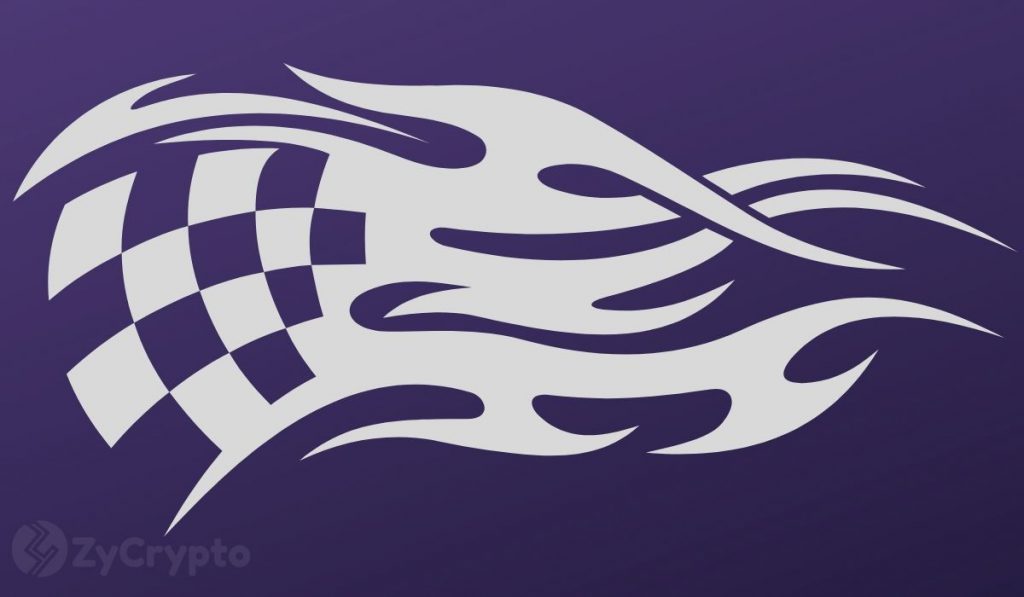According to David Marcus, the former Facebook executive who also co-founded the Diem stablecoin, Bitcoin will remain the global leader in the crypto segment for the next 20 or even more years. Moreover, its market value will continue increasing at compounding interest over time. The reason is that Bitcoin effectively performs its functions without any dependence on a specific leader or agency.
“It’s become clear to me that #Bitcoin will be the one asset and L1 still around in 20+ years with increased compounding relevance over time.” – David Marcus
In addition, it has successfully confirmed its censorship resistance, thus serving as a unique alternative to all other centralized and government- or corporate-controlled digital systems. Its network effect also increases exponentially with every additional user, and no other crypto platform may be able to challenge Bitcoin’s dominance both in the short and long run.
While David Marcus is certain about additional benefits to be achieved by other crypto platforms, he cannot pinpoint the leading altcoin that will be able to maintain the second spot in the crypto world in 20+ years. Ethereum’s position appears to be the strongest in the short run, although the existing problems with scalability and its transition to Ethereum 2.0 do not stimulate the pundit to confirm its future dominance in the industry. Marcus deems that Solana also possesses a considerable market potential for strengthening its market position through its recent innovations and effective utilization of proof-of-stake algorithms.
” The #2 slot (for a different use case) is still tbd. #Ethereum is in the lead for now, but #Solana and others nipping at their heels.”, Says Marcus.
 
 
The growing adoption of Bitcoin and other cryptocurrencies appears to be inevitable, considering the integration of crypto and traditional financial markets globally.
At the same time, the changes in relative roles and adoption rates among altcoins may be highly apparent. The future market dynamics in this segment largely depend on the following factors: the rate of innovations demonstrated by different platforms; patterns of DeFi market’s development; user experience; cost dynamics; and the ability to address the major environmental and social concerns.
At the present moment, Solana has several considerable advantages as compared with Ethereum in regards to its higher scalability, eco-friendliness, and lower costs. The transition to the Ethereum consensus layer with the adoption of the proof-of-stake mechanism may allow it to overcome most of the current problems.
Other crypto platforms, including Polkadot and Cardano, may also actively utilize emerging opportunities in this field. More intense competition in the altcoin segment may be beneficial for crypto users due to the possibility of new innovations and low-cost blockchain solutions. Smart contracts may also become better integrated with traditional finance and economic services in the corporate world within the following years.


